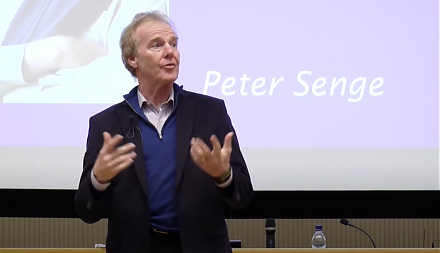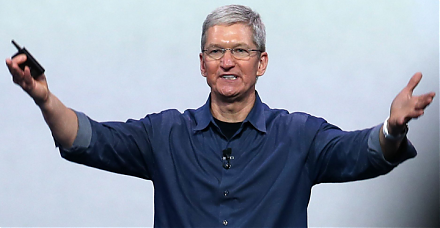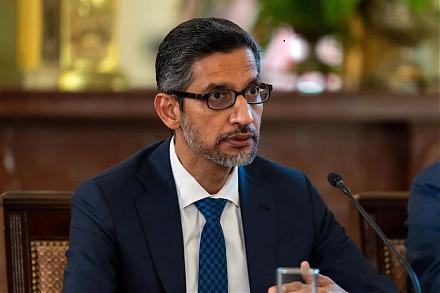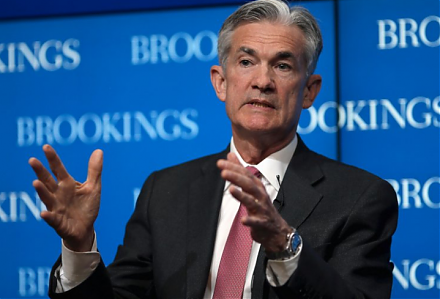

2019-12-07 11:30:00 Sat ET
technology social safety nets education infrastructure health insurance health care medical care medication vaccine social security pension deposit insurance
China turns on its 5G telecom networks in the hot pursuit of global tech supremacy. China Telecom, China Unicom, and China Mobile disclose 5G fees of $18-$20 per month. These state carriers provide 5G network services up to $100 per month for 300 gigabytes of fast data transfer with 3,000 minutes of phone calls. Meanwhile, Chinese telecom carriers expect to start the 5G rollout by mid-2020. Some experts warn of challenges to 5G network proliferation since there are now few 5G-capable mobile devices.
5G commercial network services are now available in 50 major cities in China (e.g. Beijing, Shanghai, Guangzhou, and Shenzhen). By 2025, China is likely to become the biggest 5G market in the world. The country can account for the largest number of 5G connections worldwide. Specifically, China can reach almost 110 million 5G users in 2020. As the British mobile industry body GSMA suggests, this massive scale can dwarf the combination of North American and European 5G markets. 5G is one of the major battlefields where China and the U.S. engage in an active tech race. The recent Sino-American trade conflict resolution can help better align the economic interests of both superpowers in the 5G network domain.
If any of our AYA Analytica financial health memos (FHM), blog posts, ebooks, newsletters, and notifications etc, or any other form of online content curation, involves potential copyright concerns, please feel free to contact us at service@ayafintech.network so that we can remove relevant content in response to any such request within a reasonable time frame.
2020-08-05 08:33:00 Wednesday ET

Business leaders often think from a systemic perspective, share bold visions, build great teams, and learn new business models. Peter Senge (2006) &nb
2022-05-15 10:29:00 Sunday ET

Innovative investment theory and practice Corporate investment can be in the form of real tangible investment or intangible investment. The former conce
2020-02-19 14:35:00 Wednesday ET

The U.S. bank oligarchy has become bigger, more profitable, and more resistant to public regulation after the global financial crisis. Simon Johnson and
2018-08-01 11:43:00 Wednesday ET

Apple becomes the first company to hit $1 trillion stock market valuation. The tech titan sells about the same number of smart phones or 41 million iPhones
2025-09-18 08:03:32 Thursday ET

Stock Synopsis: With a new Python program, we use, adapt, apply, and leverage each of the mainstream Gemini Gen AI models to conduct this comprehensive fund
2019-05-07 09:30:00 Tuesday ET

The Trump team receives a 3.2% first-quarter GDP boost as Fed Chair Jay Powell halts the next interest rate hike in early-May 2019. This smooth upward econo